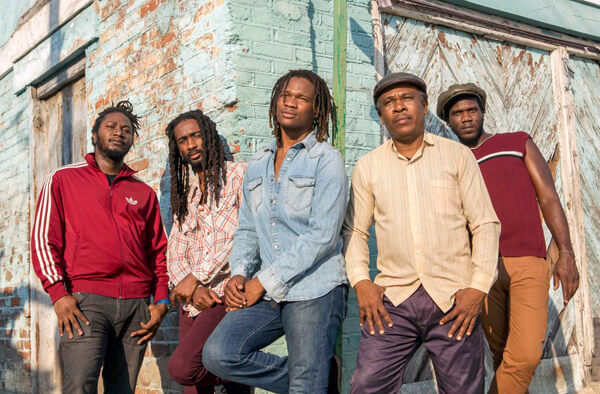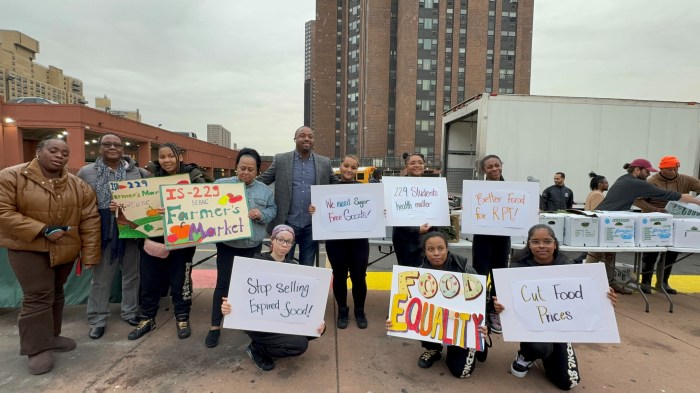A new meaning for ganja music.
Grammy-nominated reggae band Raging Fyah has introduced their own strain of cannabis into the billion dollar marijuana industry in the United States. The group is the first musical band to join the industry, with their own brand of mary-jane called “Everlasting Kush.” The entrance of the band into the business is not a first from a Jamaican artist — they were somewhat inspired by Damian Marley’s hand in the business, said lthe group’s lead singer.
“We’ve thought about this for years and we’ve been thinking about it once we saw the laws changing, and the main inspiration was watching the Marley Natural brand a few years ago,” said Kumar Bent.
He said that even as the cannabis laws in Jamaica have lightened over the years, people can still face consequences for being in possession of it, said Bent.
“It’s currently decriminalized and the laws were strict up until two years ago. It’s not an offense to have small amount, but it has to be a certain amount,” he said.

But as the weed trade grows the band felt it was a right to time to join the industry, and named their introductory product after their recent best-selling album as a creative way to continually promote it, said Bent.
“After meeting friends in Colorado we decided to go ahead, and we thought ‘What cooler way than to have a strain named after our album?’” he said. “We are very excited about this new venture and even the few people who have tried it.”
“Everlasting Kush” is an organic and non-chemically grown plant, setting it apart from the other strains farmed in Colorado, in addition to other beneficial qualities. And it is healthy for the body, , added Bent.
“It’s a dominant strain that you can feel and operate with a very nice vibe — this is something you can use if you need help going to bed at night,” he said. “We don’t grow with chemicals like a lot of growers in the states. Some of those strains can give you a headache but we use natural soil and hand pick them — there’s a personal touch to each joint.”
Bent says that with this major move they hope to help change the perception of the plant, and also encourage other artists to follow their footsteps, to eventually gain the attention of the Jamaican government.



























